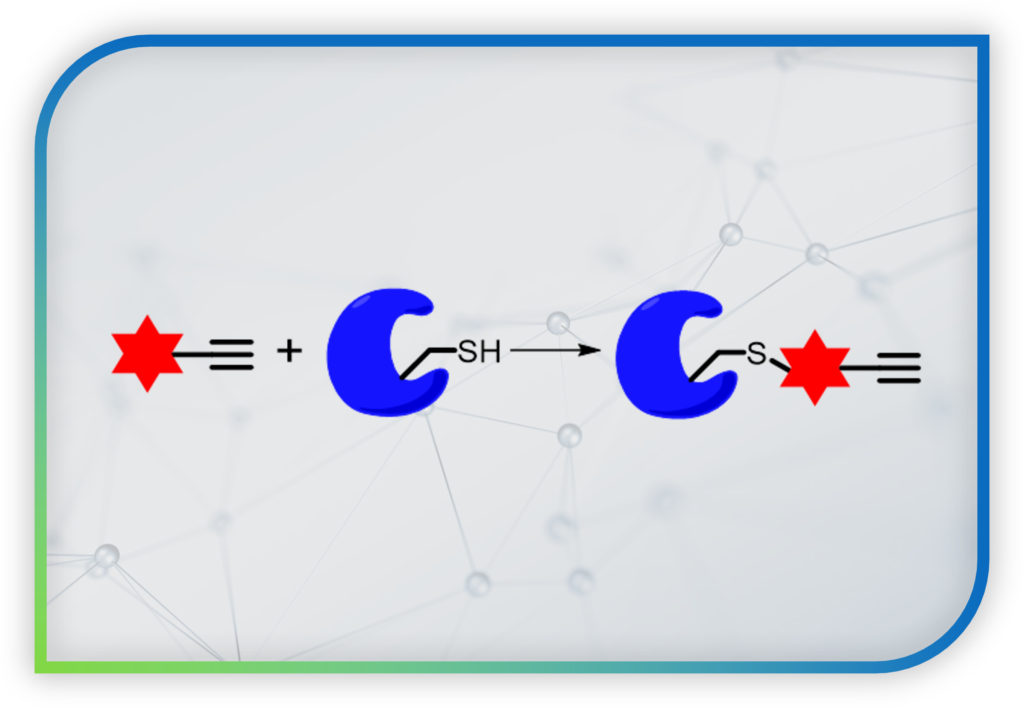
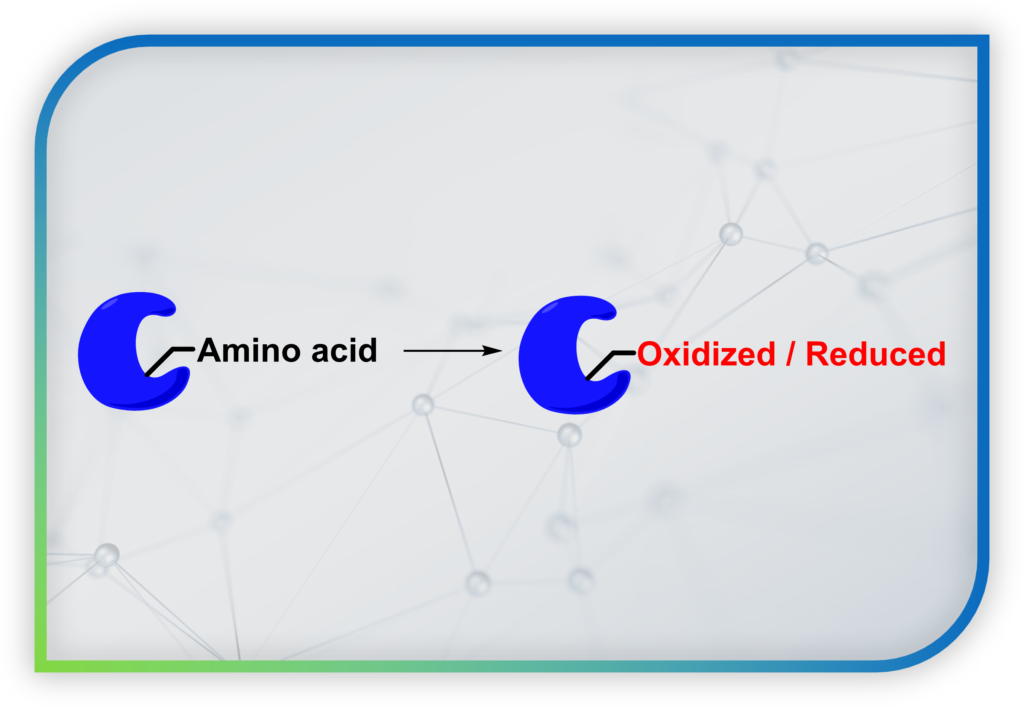
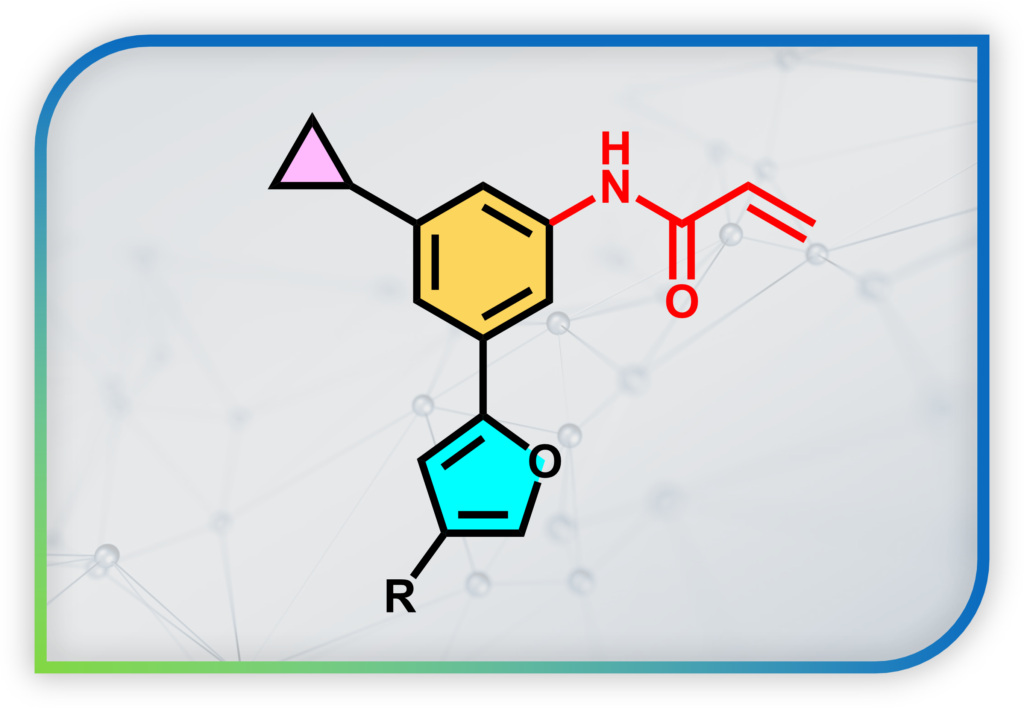
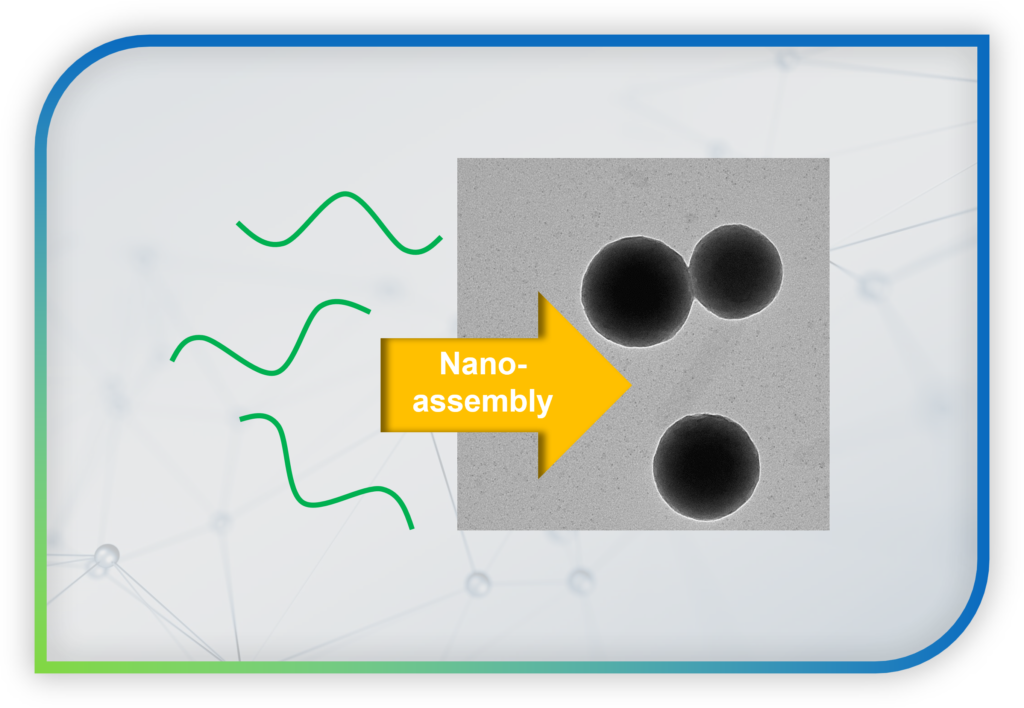
Nanovaccines for cancer therapy
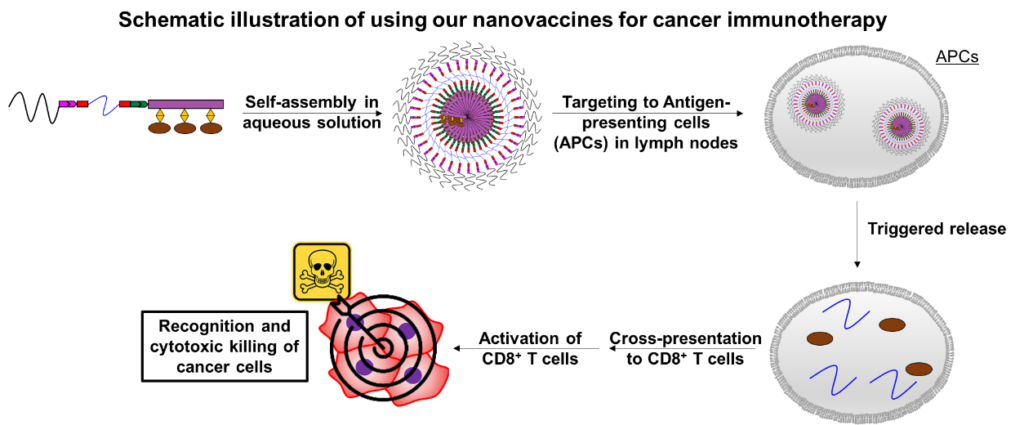
Over the past few decades, there have been significant advancements in applying nanotechnology in drug delivery system, particularly for cancer therapy. One of the emerging fields is to utilize nanosystems to deliver cancer vaccines specifically to immune cells for triggering immunity to eradicate tumor cells. Unlike checkpoint inhibitor-based immunotherapy, cancer vaccines contain tumor antigens and function by targeting antigen-presenting cells (APCs), so that the APCs presenting these antigens can prime and activate T cells for killing cancer cells. Notably, if the cancer antigens are somatic mutation products, these antigens, which are called neoantigens, should be found in cancer cells specifically but not normal cells and tissues, and also specific in patients with these cancer mutations. As a result, in principle cancer vaccines should allow the development of personalized cancer therapy for preventing cancers in high-risk individuals or for treating existing cancers in patients. Yet, challenges in clinical translation of cancer vaccines have been found due to tumor immunosuppressive microenvironment, insufficient antigen delivery to APCs and ineffective stimulation of T cells. To address these problems, preparation of new generation of cancer vaccines using nanotechnology, i.e. cancer nanovaccines, can be a good solution.
Our lab is developing novel polymer-peptide hybrid nanosystems for their uses in cancer immunotherapy. They show triggered release of the cargo in APCs, thus allowing cross-presentation of the neoantigens to CD8+ T cells and subsequent cytotoxic killing of the cancer cells.